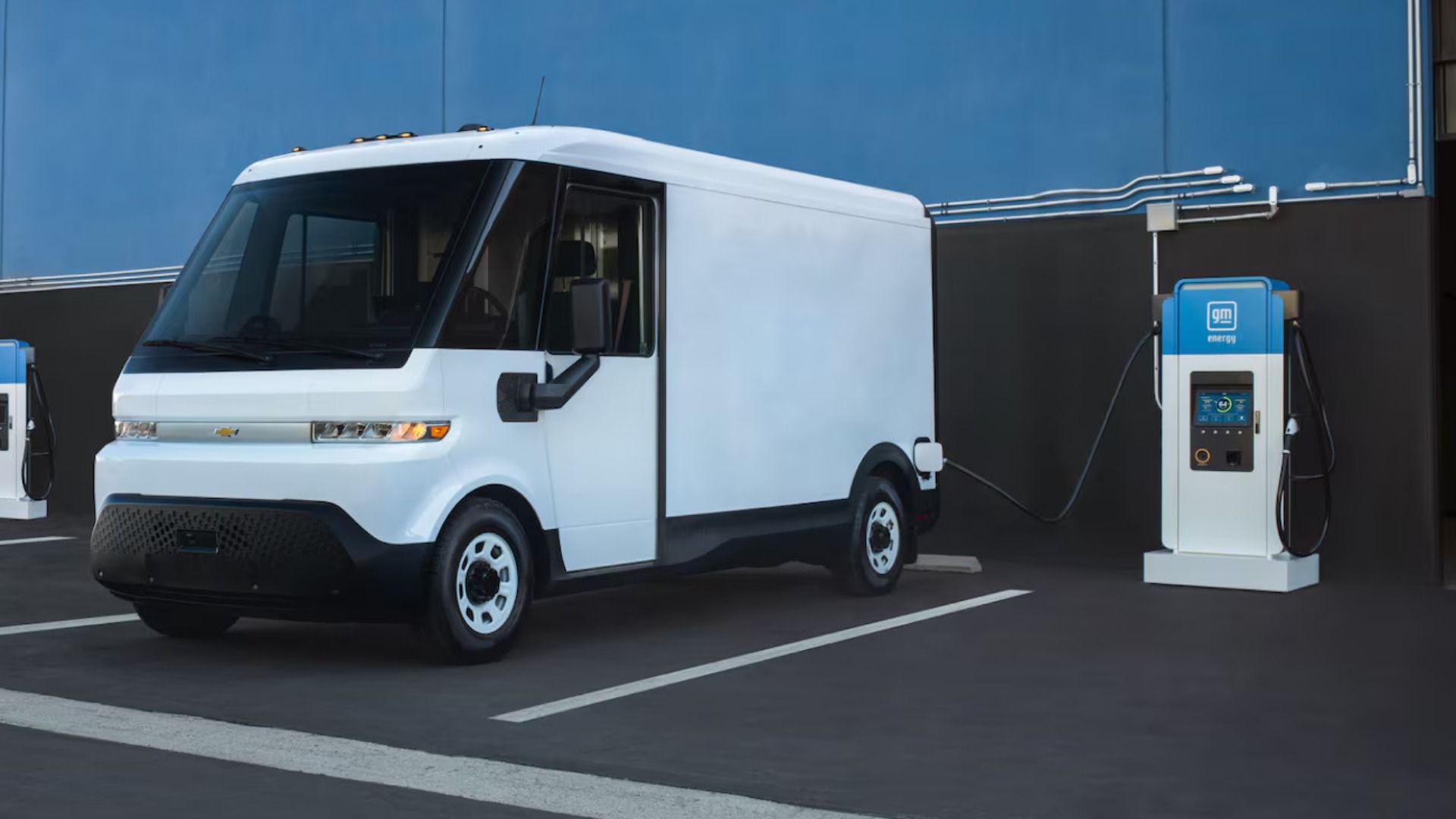Top 5 Considerations For Car Trailers
Whether you are buying a trailer for your car or for your boat, there are a few considerations that you need to make. You will need to think about the size of the trailer, the material that the trailer is made of, and the capacity of the trailer.
- Trailer strength
Using proper design and materials can make your car trailer last longer. There are five key factors to consider when choosing a new trailer. These include the strength of the raw materials, the safety rating, and the capabilities of the components.
The best way to determine the strengths of a trailer is to look at how well it performs at its rated capacity. This is usually determined by the weight and strength of the trailer’s frame. Using the right type of frame allows for a well-distributed load. It’s also important to ensure that the axles are aligned properly. This will improve tracking and dynamic stability.
The weight distribution system is another factor to consider. It can help prevent over-tongue weight and uneven loading. This can also help keep your towing vehicle from being damaged by the weight of the trailer.
- Type of material
Choosing the right type of material for the car Millennium Trailers is an important decision. You must consider a few factors, including durability, cost, and maneuverability.
For example, aluminum is the best material for car trailers because it is lightweight and durable. Aluminum trailers are also resistant to rust and corrosion.
Alloys are lighter than steel, but they are also stronger. The usual aluminum alloy is 95% aluminum, with titanium, copper, and chromium added in trace amounts. It is usually painted or baked.
If you are considering an aluminum trailer, be sure to check its weight. The aluminum alloy used to construct an aluminum trailer weighs about 10 percent less than a steel trailer.
Some manufacturers use a hybrid of metals to make their trailers. An alloy of steel and aluminum is known as an “all-aluminum” trailer. The aluminum and steel in an all-aluminum trailer are combined to create a strong trailer with excellent maneuverability.
- The size that you need
Choosing the right size for your needs isn’t as difficult as it sounds, but choosing the wrong one can be costly in both time and money. For starters, you’ll want to be in the know about what your particular vehicle can handle. Likewise, you’ll want to be on the lookout for the newest trailer offerings from your local dealer.
Lastly, you’ll want to be sure you pick the best deal possible. For instance, if you’re shopping for a cargo trailer, be sure you’re getting the newest model with the highest-rated features and warranties. In this respect, a six-foot-wide trailer is a no-brainer. Fortunately, you can easily snag the best deals when you shop online. And while you’re at it, you might as well learn about the trailer’s history and what to expect from your new ride.
- Length of the trailer
Using the right car trailer for your needs is an important part of owning a car. You can find a wide variety of different sizes and styles of trailers. Whether you are transporting cargo or towing a boat, you’ll need to find the best one for your specific needs. A common length for a car trailer is between 14 and 24 feet. However, if you need a little extra room, you can always opt for a longer trailer.
The standard length for a semi-trailer is about 48 to 53 feet. For most people, that’s a long enough leash. You’ll want to keep in mind that you need to have the requisite bumpers, brakes, and lights for a safe trip. Having a good trailer will help you avoid some of the pitfalls of the road.
- Capacity
Getting the right towing capacity for a car trailer is a vital part of the purchase process. This is because exceeding the limits can cause serious problems for both the trailer and the tow vehicle. Besides being a safety issue, exceeding the towing capacity can also lower the vehicle’s fuel economy.
A towing capacity is calculated by calculating the Gross Combined Weight Rating (GCWR) of a vehicle and the load capacity of a trailer. The GCWR is the maximum weight of a vehicle, passengers, and cargo that can be safely pulled. It is found on the vehicle placard.
A GCWR is not a fixed number and depends on a number of factors, including the type of vehicle being towed and its configuration. It is best to find out the GCWR of both the tow vehicle and the trailer, so you can decide on trailer weight.





